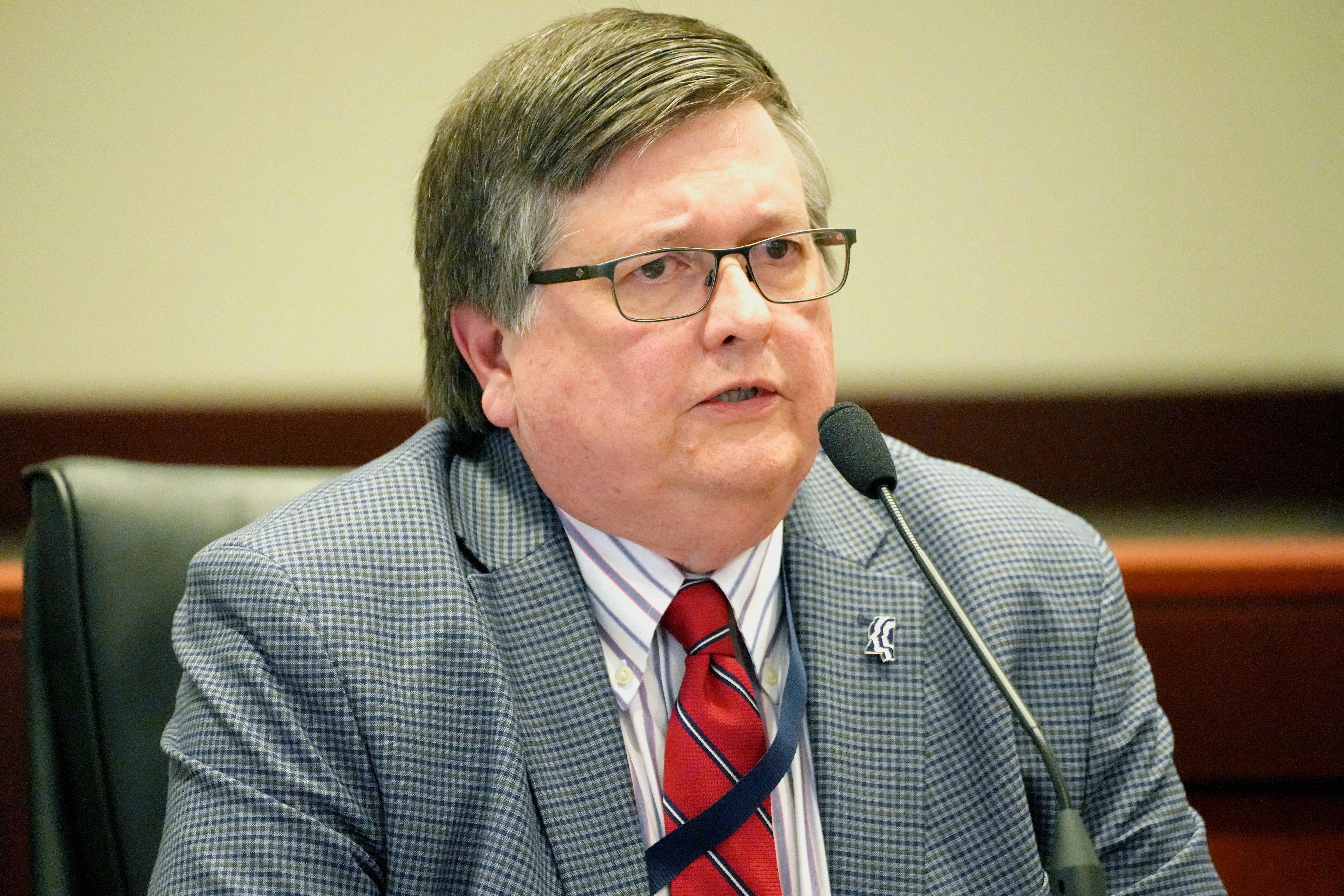During last year’s legislative session, House Bill 1725, which would have expanded Medicaid coverage for eligible, working Mississippians, died after top lawmakers could not agree on a final proposal.
Dr. Edney is renewing his call to expand healthcare coverage for the uninsured patients who use county health departments. He says at least 20% of those patients are currently not eligible for Medicaid or health insurance on the open marketplace.
“What I'm advocating for is to close that coverage gap in the county health departments,” he said. “The health department's are public health clinics, they are not primary care clinics. We do all we can with the needs in front of us, but we're just one example of where that coverage gap is really negatively impacting the health economy of the state.”
According to the Centers for Disease Control and Prevention, the three leading causes of death in Mississippi are heart disease, cancer and accidents. Dr. Edney says thoughtful investment including from state resources are needed to address this issue.
“We have got to lean into the preventable causes of death because it is extremely expensive to the economy,” he said. “In Mississippi, $25 billion a year is lost out of our economy because of just the top three causes of death.”
Dr. Edney says his goal as state health officer is for Mississippi to improve these poor health outcomes, reduce preventable disease, and extend life expectancy in the state.
“As we improve these statistics and we have more Mississippians living longer and healthier and working longer and producing more for the economy, we have less bleeding out from the cost of providing this very expensive care way down the road instead of intervening early,” he said.
Dr. Edney believes there are multiple legislative routes to accomplish this.
“I know our elected officials are looking at all of them. And so I support their efforts as they are studying the issue and determining what's best for Mississippi. At least now we're having the conversation. Everybody's recognizing the problem. What's our best solution?”
Created in 2012 by the state legislature, the Office of Mississippi Physician Workforce helps to monitor and evaluate the state’s doctors and provides recommendations to the state’s leadership. It also helps support community based residency programs recruitment and retention efforts. Dr. Edney hopes this office, which began to be managed by the state department of health in 2023, will continue to receive support from the legislature.
“Where doctors train, they tend to stay;” he said. “We now have physicians that are training in the Delta who are staying in the Delta to practice, which we desperately need. We have an OB Family Medicine Fellowship coming online in Meridian. This all comes out of this good work.]
Dr. Edney says every physician who's practicing around the state generates between $2 to $3 million a year for their communities.
According to the state department of health, almost 1 in 100 babies born to Mississippi mothers die before they are 1 year old. Dr. Edney is urging lawmakers to continue supporting the state's healthy moms, healthy babies program.
“It might surprise you to find out that we don't have enough federal money being invested in maternal infant issues to the level that we need,” he said. “To have those extra state resources allowed us to make some strategic investments into maternal infant health.”
The Mississippi Board of Health recently voted on its support of using medical cannabis revenue to help bolster the agency’s budget, which would require legislative action.
This article has been updated to clarify the Office of Mississippi Physician Workforce's role with the community residency programs.




